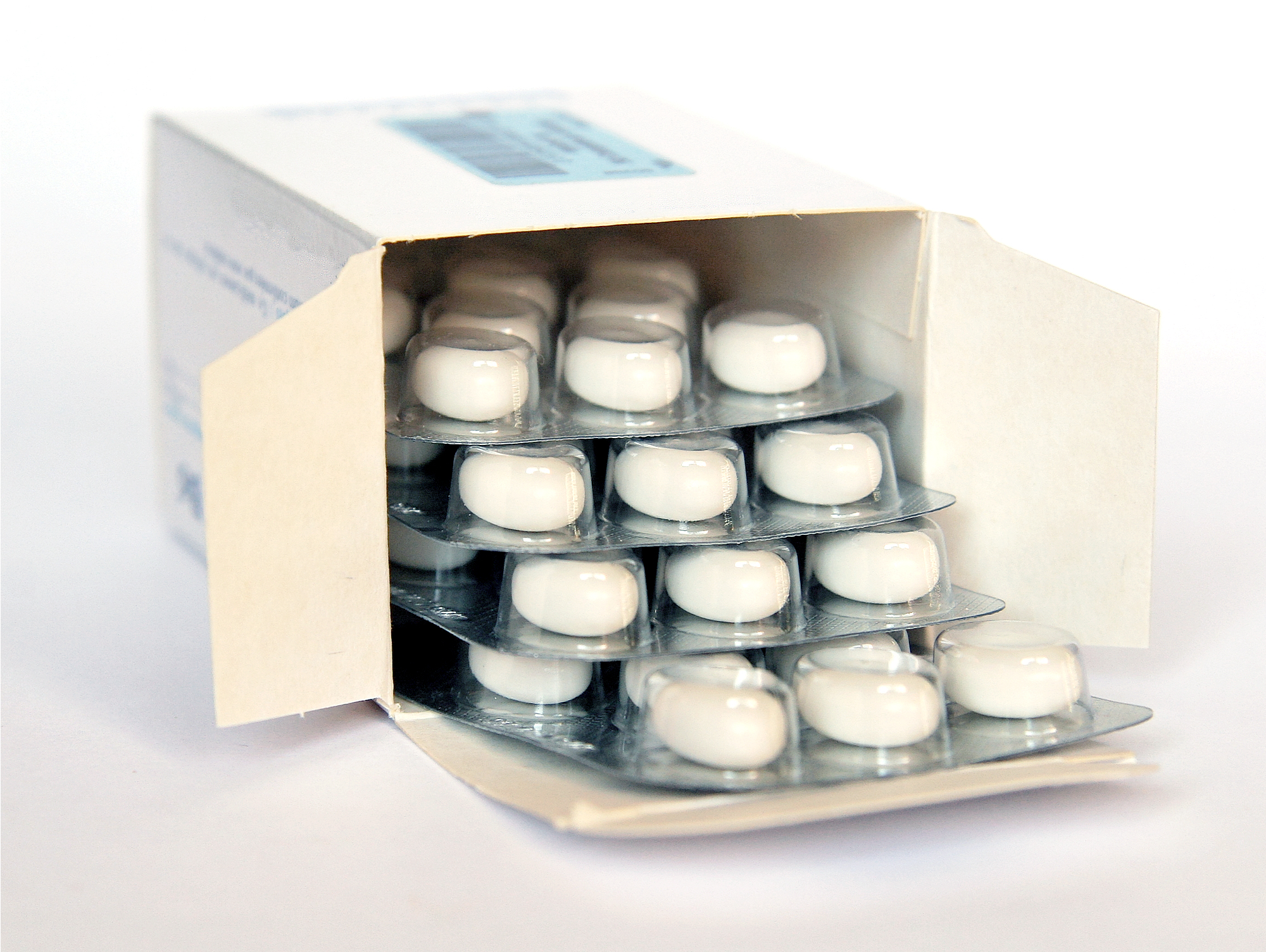
WEDNESDAY, April 9, 2014 (HealthDay News) — Most schools meet a new U.S. government requirement to provide free drinking water for students during lunchtime, a new study finds.
The U.S. Department of Agriculture’s rule for schools in the National School Lunch Program took effect at the start of the 2011-2012 school year.
Most schools fulfill the requirement by having water fountains in the cafeteria, providing cups for use at drinking fountains, placing water pitchers on lunch tables and offering free bottled water.
Schools in the South were more likely to meet the requirements than those in other regions of the nation, according to the study published April 9 in the Journal of the Academy of Nutrition and Dietetics.
“This is consistent with other nationally representative research showing that school districts in the South have made faster progress in developing nutrition-related school wellness policies, and that they have stronger policies than do districts in other regions of the U.S.,” study corresponding author Lindsey Turner, a research scientist at the Institute for Health Research and Policy at the University of Illinois at Chicago, said in a journal news release.
The researchers also found that concerns about water fountain cleanliness and water quality might make some students avoid the free drinking water. Most of the students said the water fountains in their schools were “very clean” or “clean,” but there were still concerns about cleanliness.
One-quarter of middle school and high school students said they were at least “a little” concerned about the quality of the drinking water available at their schools.
Ease and access of use of water fountains may be another obstacle, according to the researchers.
“Although many schools rely on water fountains, fountains may not be very effective at encouraging water consumption,” Turner said. “The elementary students may need permission to get up, and if water is not available on the table with the meal, students must make a special trip and may have to wait in line to get water. So in terms of practicality, drinking fountains may not meet the need for access to water during meals.”
Water is important in overall health, but less than one-third of children and teens get the recommended daily amount of water. Instead, many youngsters drink sugar-sweetened beverages that can contribute to obesity and dental problems, the study authors said.
More information
The U.S. Centers for Disease Control and Prevention has more about water.
Copyright © 2026 HealthDay. All rights reserved.

